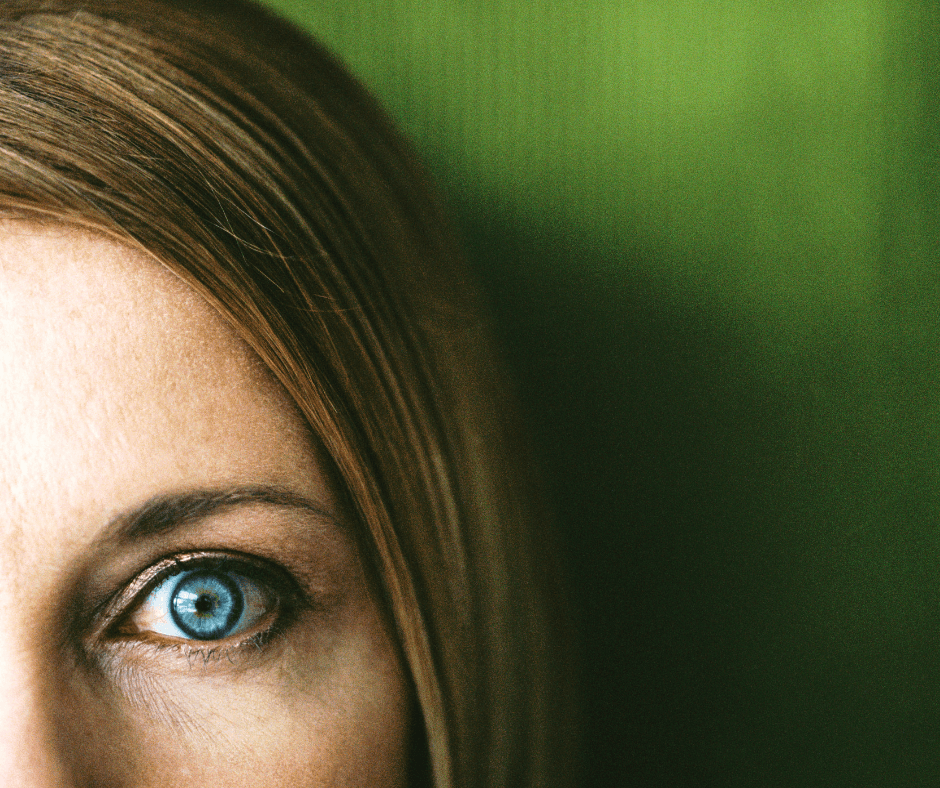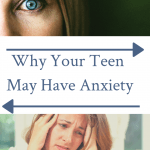Teen anxiety is more common than you might think. The National Institutes of Health estimate that 31% of adolescents aged 13-18 will experience an anxiety disorder. Anxiety disorders are the most common of all mental illnesses in teens and affect more girls than boys, although post-pandemic, the gap is closing.
There are many types of anxiety disorders, but in general anxiety disorders are characterized by a general feature of excessive fear (i.e., an emotional response to a perceived or real threat) and/or anxiety (i.e., worrying about a future threat) and can have negative behavioral, physical and emotional consequences. Anxiety is the mind and body’s reaction to stressful, dangerous, or unfamiliar situations.
There are many types of anxiety disorders, including
- social anxiety disorder
- obsessive compulsive disorder (OCD)
- trauma or stressor-related disorder, such as post-traumatic stress disorder (PTSD)
- phobias (agoraphobia, claustrophobia)
- panic disorders
- separation anxiety disorder
At its basic level, it’s the sense of uneasiness, distress, or dread you feel before a significant event. A certain level of anxiety and stress helps us stay alert and aware. Still, for those suffering from an anxiety disorder, it feels far from normal, difficult to control, and utterly debilitating.
The current teen mental health crisis
Being a teenager in the world today is challenging. In addition to the stresses of normal teen life, such as academics, peer pressure, and a developing brain and body, modern teenagers must also navigate a polarizing political landscape, social media, gun violence, fallout from a global pandemic, and uncertainty over issues such as climate change.
These variables and factors can cause anyone to feel anxious, but it’s no surprise that they are causing older kids to experience anxiety and depression at unprecedented levels.
One of the challenges for adolescents is their inability to understand and process their emotions, so they often keep their thoughts and feelings bottled up. Couple this with a 24-hour newsfeed and unfettered access to information on the internet–and we have a mental health crisis on our hands.

Signs and symptoms of teen anxiety
It can be difficult to know the difference between normal teen angst and a mental health disorder. If you have concerns, you should always contact your family doctor or a mental health professional, but here are some general anxiety symptoms to look out for in young people:
- Significant emotional changes or outbursts. Yes, it’s natural for all of us to have mood fluctuations, but if your teen seems suddenly irrational, short-tempered or has constant irritability, or can’t control themselves where it is impacting their relationships, this can be a sign of a larger problem.
- Decline in academic performance
- Physical symptoms such as stomachaches, headaches, nausea, tense muscles, etc.
- Sleeping problems, such as extreme fatigue, insomnia, etc.
- Sudden panic attacks, which can include physical symptoms such as chest pains, increased heart rate, heavy breathing, dizziness, etc.
- Social changes, such as avoiding certain social situations, changing friend dynamics, or not taking part in activities they once enjoyed.
Why Your Teen May Have Anxiety
The teenage years are tough as is, but there can be specific reasons as to why your teen may be experiencing a sudden bout with anxiety. Knowing the triggers can help many teens manage anxiety symptoms, and there are many clinical ways to help kids with anxiety, such as medications, psychotherapy, and habits such as meditation, yoga, etc.
While you should seek out a professional if their anxiety is interfering with daily life, there are things parents can look out for to help mitigate their teen’s anxiety. Here are a few things to consider:
Your teen may have anxiety from social media.
As adults witness the rising waves of anxiety in our teens, it’s simple to identify the one common thread, something we as parents never had to deal with: social media. Interestingly, many of the pressures teenagers feel from social media are actually consistent with developmentally normal concerns around social standing and self-expression, it’s just pushed to the forefront on social media.
There are many reasons social media heightens anxiety in our teens, including:
- Feeling isolated or not included in social events
- Pressure to look or act a certain way
- Seeing a post about them or an unattractive photo they cannot change
- Becoming a victim of comparison
- Feeling pressured to acquire likes or followers
- Too much communication and having to feel “on” or act a certain way
- Feeling addicted or an unhealthy attachment to their device
In the heat of the moment of teenage drama, parents’ gut reaction is often to simply take the phone away, but this also can trigger anxiety in our teens. Instead, work with your kids to develop healthy technology habits.
Your teen may have anxiety because they also deal with ADD/ADHD
If your teenager also has or shows signs of ADD/ADHD, heightened anxiety is not uncommon. Focus issues can lead to feelings of anxiety creeping up in your teenager’s life. While living with ADD/ADHD doesn’t mean that your teenager will have anxiety, they can often go together, and is something to monitor and keep an eye on.
Your teen may have anxiety because they don’t know how to communicate their worries properly
There is a reason why teenagers often respond to our inquiries with “fine.”
Do they truly feel fine? Sometimes their actions show you something different. Teens often don’t know how to communicate, so it’s important to let them know that you’re available for them when they need you, however they want to communicate with you.
Your teen may have anxiety because they are keeping a secret or dreading telling you something
Everyone is guilty of making decisions that don’t have the best possible outcomes. Your teenager is included in this as well. If something occurred in their life that they are dreading telling you, or they have done something that they are worried that they’ll get punished for, this can cause extreme anxiousness.
Your teen may have anxiety because they are starting to feel the true effects of peer pressure
Peer pressure is everywhere, and once your child hits those teenage years, it feels like it comes out swinging full force. Unfortunately, peer pressure isn’t anything that you as a parent can stop, but what you can do is find ways to help your teen cope and filter through it. Your teenager will feel that they need to say “yes” to things even when they know that they should say “no,” and sometimes, that can be a truly overwhelming feeling.
Unrealistic expectations when it comes to academics, extracurricular activities, or achievements.
Without a doubt, teens today are expected to do more. They are supposed to take a rigorous course load full of college-level classes in high school, participate in club-level sports that travel all over the country, and rack up volunteer hours so they can get into a “good college.” Teens face a lot of anxiety because there is a lot of pressure put on them to achieve certain milestones.
Your teen may have anxiety because they aren’t understanding or liking the changes going on with their bodies
The teenage years bring on many physical changes to their bodies. It’s important to talk to them ahead of time about this and prepare them for those changes.
If you decide that you are unwilling to have those conversations with them, know that they will then seek out their information from another source, such as the Internet, pornography, or their peers.
Teenage anxiety can feel overwhelming, but there are ways to cope
Finding out why your teenager may have anxiety can be challenging, but there are always ways to help.
As a parent, do your best to be a model for good mental health and be open to ways to help reduce the stress in your own home in whatever way you can.
Are you in the thick of raising your tweens and teens? You may like this book by Whitney Fleming, the co-owner of Parenting Teens & Tweens: Loving Hard When They’re Hard to Love: Essays about Raising Teens in Today’s Complex, Chaotic World.

*This post contains affiliate links where we may earn commissions for items purchased from links on our site.







Leave a Comment